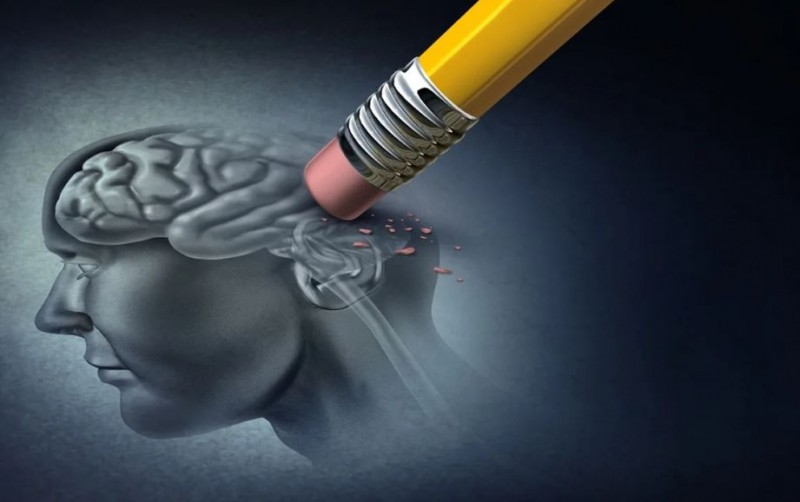
Los Angeles: As per a recent study, a team of researchers is developing a "dual-mode brain-sensing device" that identifies Alzheimer's disease (AD) swiftly and effectively.
Hanli Liu, a professor of bioengineering, will lead the research titled "Digital biomarkers for Alzheimer's Disease with small dual-mode brain sensing," according to UTA (the University of Texas at Arlington).
We are creating a quick and comfortable way to evaluate metabolic, hemodynamic, and electrophysiological (MHE) processes in the human brain, the researcher claims. "We are able to locate digital neurophysiological biomarkers thanks to the proposed advancement. They can be utilised to accurately diagnose each patient with Alzheimer's disease and to screen for the early stages of AD after we cross-validate them " she said.
According to the article, this device records information from dry/wireless electroencephalograms (EEG) and near-infrared (NIR) spectroscopy.
While the human cortex absorbs and emits NIR light during spectroscopy, electrical activity in the brain during electroencephalography represents dynamic cerebral activity.
According to the report, this multipurpose tool would be able to gauge several aspects of brain function, including cerebral metabolism, cerebral blood volume, cerebral oxygenation, brain oscillation powers, functional connection, and neurovascular coupling.
According to the Alzheimer's Association, there are more than 6 million Americans and 50 million individuals worldwide who have Alzheimer's disease or another form of dementia.
Alzheimer's disease is the most lethal form of dementia, killing more people than both breast and prostate cancer put together. According to the analysis, the cost of AD and other types of dementia was $355 billion in 2021 and is projected to increase to more than $1 trillion by 2050.
Antibiotic-resistant microbes in Gut make "C diff" more infectious
Nanoparticle "backpacks" help probiotics fight IBD
Study finds Covid patients with sedentary lifestyle more vulnerable